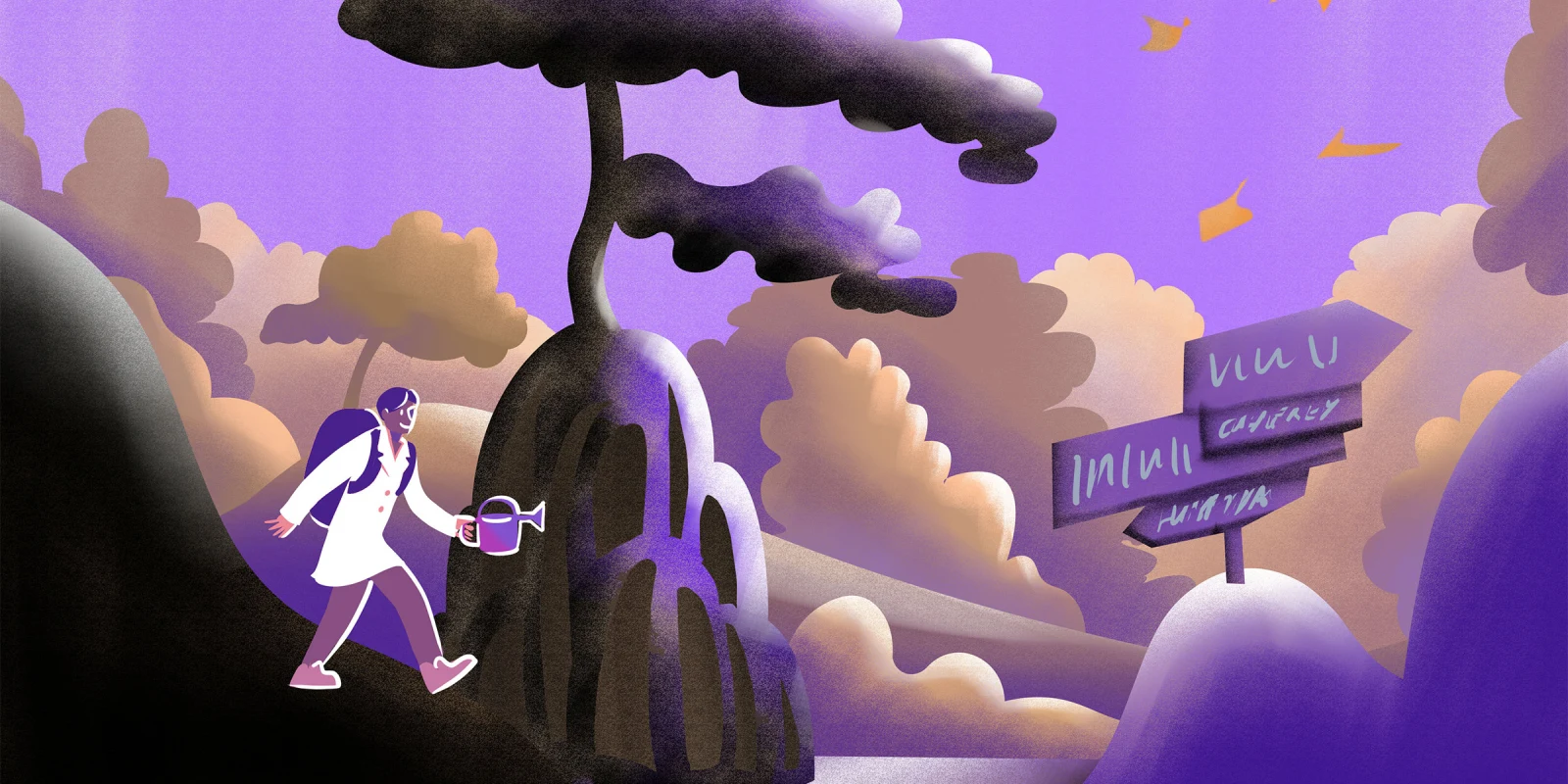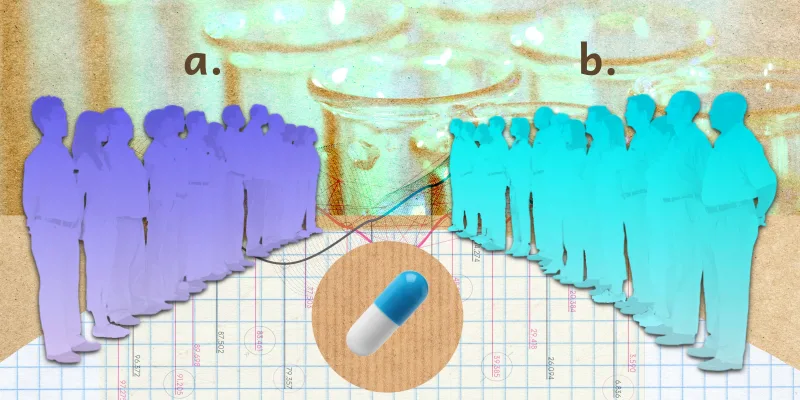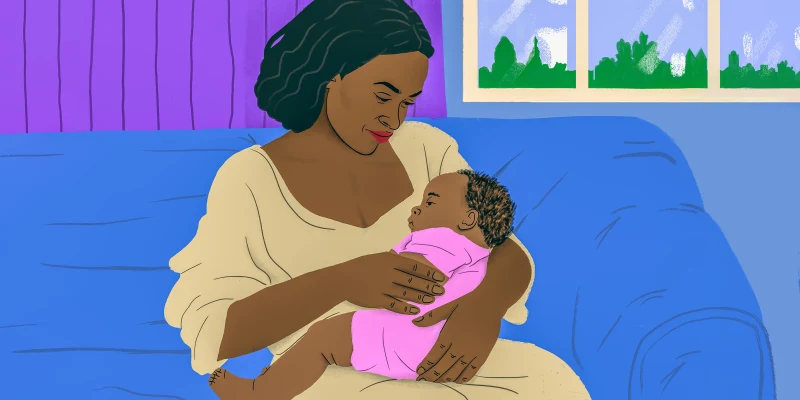When I first encountered the concept of a “gap year” as a wide-eyed freshman, I dismissed it as yet another trendy educational detour. Taking time off seemed counterproductive to my carefully planned timeline. I hadn’t heard of any of my mentors or the physicians I admired delaying medical school. In fact, my undergraduate pre-med advising office enthusiastically endorsed the traditional, fast-tracked route. My plan was clear: finish medical school by 26, complete residency by 29, and start a family right after. Everything was mapped out—until reality, as it often does, had other plans.
Looking back now as a third-year medical student who took four gap years, I smile at my younger self’s rigid thinking. At the time, I was so focused on following the “right” path that I failed to consider what gap years might offer. When my original plan unraveled, a gap year wasn’t just an option — it became a necessity for completing prerequisites before I could even apply to medical school.
In my time as a student at an international medical school, I’ve had the privilege of meeting peers from all corners of the globe, each bringing with them unique experiences shaped by the time they spent outside academia. These peers aren’t just students; they’ve lived rich, full lives. They’ve been professional chefs in Michelin-starred restaurants, medical scribes in chaotic ERs, college athletes, jazz singers, EMTs, and teachers for children with special needs. They’ve traveled the world, battled personal challenges, and thrived in careers before ever setting foot in a medical classroom. They are survivors, parents, widows, and much more. These life experiences, cultivated during gap years, have shaped them into not just better students — but better future physicians.
It’s tempting to rush through medical school, eager for financial stability, reduced debt, and an escape from endless exams. But I argue that what’s gained during a gap year — experiences that foster personal growth — far outweighs the perceived benefits of speeding through education. At 22, I may have been able to converse politely with patients. But at 30, after facing my own challenges, I can empathize in a way that makes a world of difference to someone facing a life-changing diagnosis. College taught me the sciences, but it’s the time spent outside the classroom that taught me what it means to truly connect with patients.
There’s a reason why more than 70% of medical school matriculants now take at least one gap year, according to the AAMC. These aren’t just “gap years”; they are “growth years” — an opportunity to deepen not just academic credentials, but the emotional intelligence, resilience, and maturity necessary for a career in medicine. In a field that demands lifelong learning, should we not also embrace the idea of lifelong growth?
My gap years didn’t just prepare me for the academic challenges of medical school — they helped shape me into a future physician who is more compassionate, empathetic, and culturally competent. The real issue wasn’t the time it took, but my fear of letting go of control. Medicine is a field that requires discipline, yes, but it is also one that thrives on adaptability and innovation. Gap years give us the space to explore, evolve, and embrace the unpredictable nature of life — qualities essential for anyone stepping into the complexities of healthcare.
It’s time we stop viewing gap years as the “non-traditional” route. Instead, they should be encouraged, perhaps even required. If we want to train physicians who not only understand the science of medicine but also the art of patient care, we must value the growth that happens outside the classroom as much as what happens within it.
How would a gap year help you grow? How did it? Share in the comments.
Liza Sukra is a third-year medical student at St. George’s University SOM. She studied cultural anthropology at Duke University. She is an aspiring pediatric allergist/immunologist with a passion for caring for underserved populations and mentorship in medicine.
Illustration by April Brust and Jennifer Bogartz






